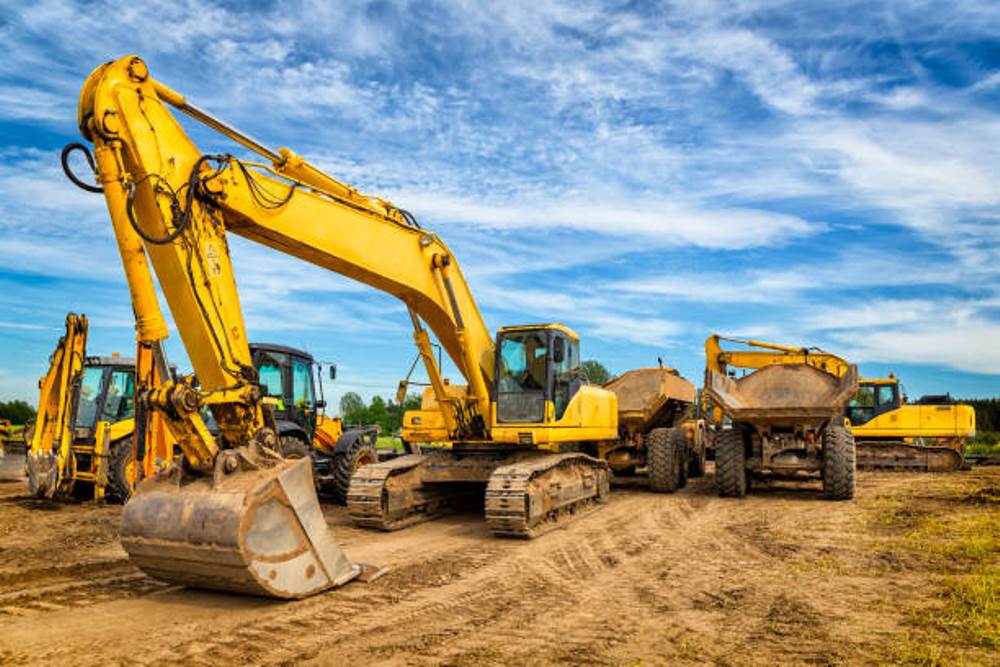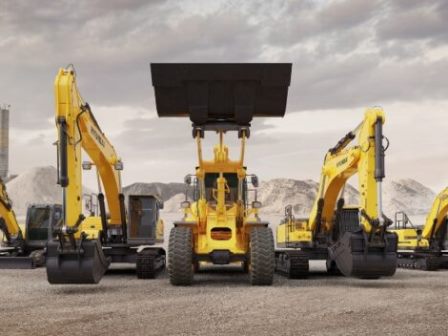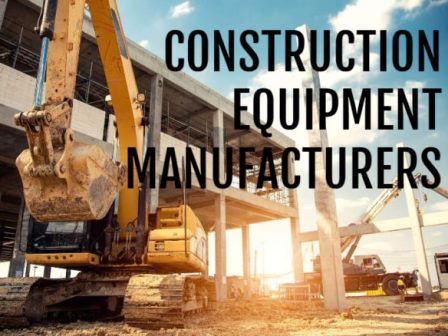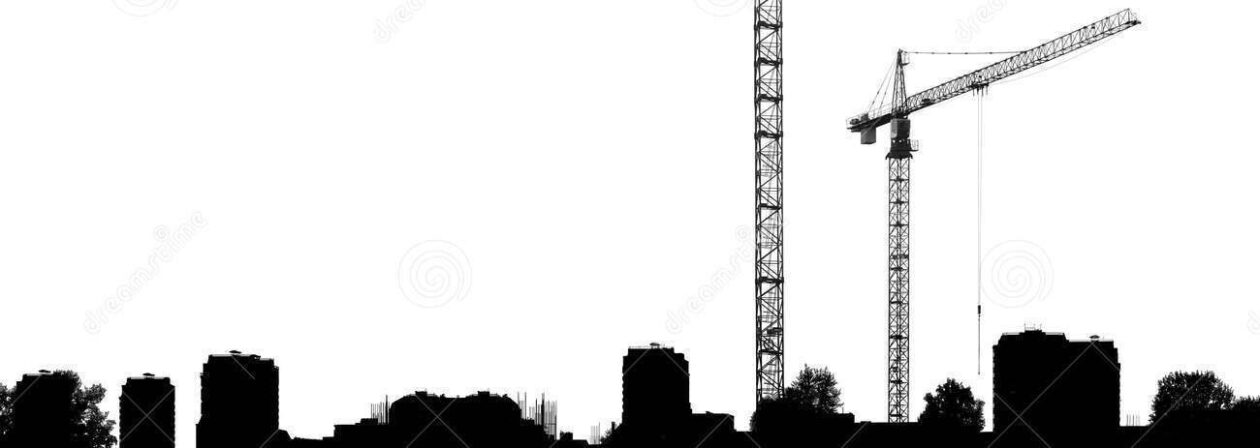The right construction equipment can further improve work productivity, processes, development capabilities, and much more.
Selecting the best equipment to add to the fleet for construction and maintenance operations can be too overwhelming.
However, it is a crucial task to undertake. Project leaders, contractors, subcontractors, and other construction teams rely heavily on construction tools and equipment. That is why it is vital to know the best providers to deal with today.
We have prepared this guide for anyone navigating a highway when it comes to selecting the right construction equipment.

How to know which is the best Construction Equipment Supplier?
To find out, we’ll ask some key questions and explore concepts that every buyer should consider. Also, this guide will give you an idea of why it is important to partner with the right provider.
What are the costs involved?
Cost is the primary aspect of every equipment purchase decision. However, the cost of capital acquisition is only one factor combined with the costs of operation, ownership and maintenance.
While several organizations focus only on capital costs, it makes sense to consider a lifetime approach with their cost analysis.
Capital costs are the initial purchase costs of the construction equipment you are purchasing.
Always remember that the cost of capital represents 50% of the total cost that the buyer will incur in owning equipment or machinery.
In addition, the base price of the equipment itself, in addition to capital costs, may include:
- Taxes and their direct effects on potential cash flow
- Shipping, installation, and transportation costs. Are these separate expenses clearly included and explained?
- Fees for extras and additional modifications. Are additional costs hidden within operating expenses versus capital expenditures?
How to provide support?
How would you provide excellent customer service?
Construction companies, contractors or project leaders are the ones who usually decide on this matter.
Buyers like them should first find out the type of support available immediately after purchasing the equipment.
In some cases, the team inevitably needs services at some point. Depending on needs, support for newly purchased equipment includes spare parts and maintenance services.
Make sure both the benefits and features are convenient and available for any future repairs and maintenance needed.
Also be sure to determine if the support provided by the providers is local.
- Will the supplier repair the machine and equipment on site within a practical time frame?
- Will the equipment need to be shipped immediately while working on it?
Purchasing function and procedure
what is the role of purchasing in business?
It’s critical to look at the big picture first when considering buying a new piece of machinery or equipment. Be smart enough to determine if the equipment itself will suit your business for years to come.
- Is it functional and durable enough for long time use?
- Is the equipment designed to meet your current needs?
- How does machinery and equipment impact the cost of labor and available skills?
Even if the new machines require additional personnel or operator training, it can ultimately increase productivity and reduce expenses in the long run.
Other factors to consider are the importance and relevance of construction equipment to the business. Therefore, the answers to the following questions below will help you to identify the best and most correct option when using the equipment:
- Will you buy new, used or reconditioned?
- Are you a subcontractor that depends on this equipment or the other way around?
- What does the acquisition bring to the market?
- Are you involved in the long-term business?
- Is this equipment being used for your own good to give you flexibility?
- What models and sizes should I use for the equipment?
Construction equipment financing companies
Several financial factors must be considered when purchasing new machinery and equipment. Deciding whether to buy or rent is one thing you should think about first as a prospective buyer. If the machinery you need is an integral and vital piece to be used for the business, buying frequently makes more sense.
Plus, it gives operators flexibility and enough time to familiarize themselves with the equipment, learn the ins and outs of it, and more.
By doing so, they can maximize the performance of the equipment, providing a considerable amount of control whenever and wherever they use it. that.
When the acquisition of any equipment is required, the lease is a particular topic to discuss. Take a look below:
- The landlord may be responsible for maintenance.
- It depends on the terms and conditions of the lease.
- The lease may involve less money up front because the down payments are not necessary.
- Leases will make it easy to regularly upgrade to the latest models.
- Terms can generally be flexible, but rates can be more favorable compared to a long-term rental.
- There will be tax implications involved when considering a lease. It is important to seek financial advice even before proceeding.
Construction equipment for rental
One challenge that every buyer can choose to consider is insurance and interest rates for leases.
Fees tend to increase over the years, and if buyers need to return equipment, there will be financial penalties associated with it.
Any potential buyer should understand the whole process in advance. Also, another option is the rental of construction equipment.
Equipment rental can offer several benefits and depends on the type of equipment the buyer needs for the intended use.
There may be no significant changes to the top listed construction equipment vendors in recent years, but dominance is clearly still being challenged.
It will be exciting and interesting to see these manufacturing companies expand globally and continually develop their respective products as time passes in the face of the downfall of the competitive global brand.
Construction equipment manufacturers in the world
The global construction machinery market has been ruled for decades by several of the largest construction machinery manufacturers in the world.
These reputable heavy machinery and construction equipment suppliers offer different construction machinery that are used for various purposes during construction projects.
Led by the world’s largest construction machinery companies such as Caterpillar of the United States and Hitachi and Komatsu of Japan.
These top 10 largest construction machinery manufacturers in the world are expected to continue to dominate the global construction machinery market in the near future, primarily attributed to strong sales growth generated by the rapid development of the construction and infrastructure sectors across the world.

Heavy Equipment Manufacturers
There are times when making a decision for construction equipment rental makes more sense than tying up cash in buying the same item.

Construction Equipment Manufacturers
While there are reasons for cautious optimism, sales still have a long way to go before they can rely on an uptrend.
